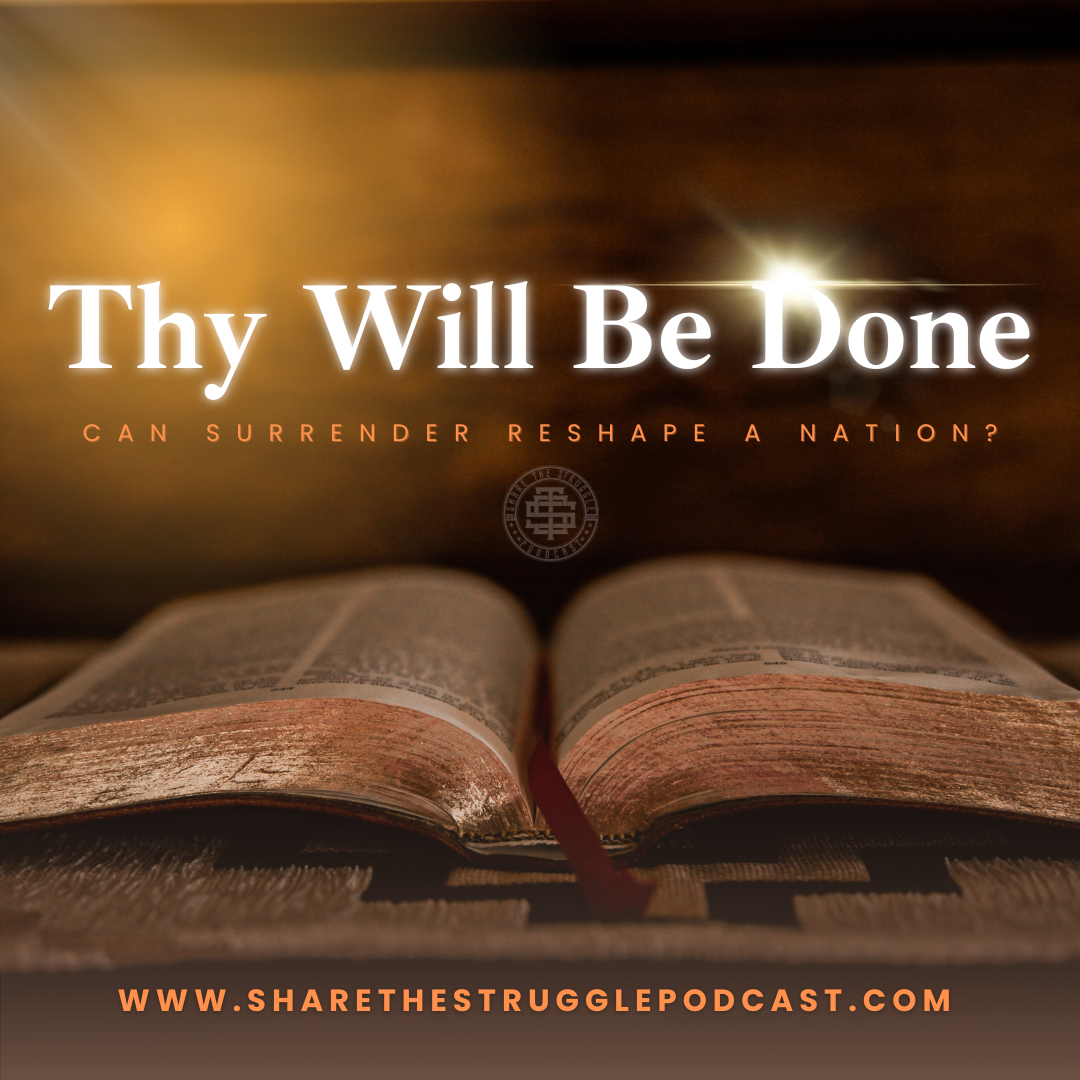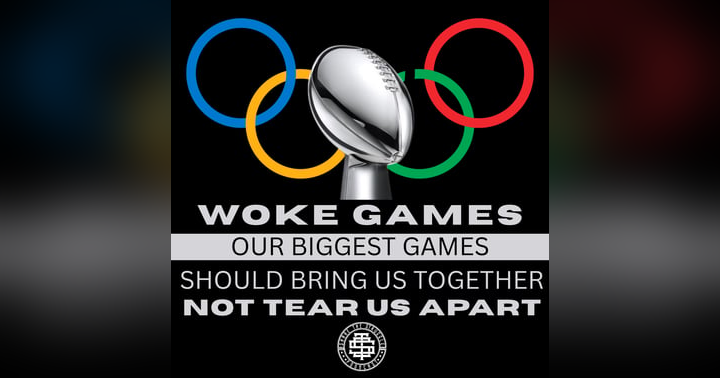Thy Will Be Done; Can Surrender Reshape A Nation?

Grief is a strange teacher. It startles us awake, strips away the extra, and leaves a short list of things that truly matter: God, family, country, and the courage to keep moving. That urgency runs through this conversation as we mark Charlie Kirk’s first heavenly birthday and witness Erica Kirk accept the Presidential Medal of Freedom on his behalf. The day felt heavy and holy at once, a crossroads where private heartbreak met public honor. I came to the mic late because I needed to sit with it all—watching, praying, reflecting on what it means to say “Thy will be done” when life doesn’t make sense. Those words aren’t a retreat from reality; they’re a decision to stand in it with faith, to turn pain into purpose. That shift from suffering to surrender shaped everything we talked about: leadership, legacy, and a tribute that had to be more than a product—it had to be a promise.
The hardest part was letting go of my first instinct. After the assassination of Charlie Kirk, we stepped off social media as a family, prayed, and chose presence over noise. My gut said to honor him with a tribute shirt. My conscience said, not like this—not fast, not shallow, not for profit. At the fair, people kept asking for a way to wear their support and carry his message. The more I resisted, the more I realized I was staring at my own fear of being misunderstood. Listeners reframed it for me: this wasn’t about capitalizing; it was about stewarding a platform and pointing it toward faith, courage, and service. The right question wasn’t “Will this look wrong?” It was “Will this help the right work continue?” That nudge moved me from hesitation to responsibility, from a merch idea to a memorial in motion.
“Thy will be done” is easy to recite and hard to live. It’s not passive; it’s a practiced alignment—a choice to trade control for conviction. We explored what surrender looks like in motion: prayer as guidance, not escape; discipline as devotion, not punishment; and the daily decision to act in ways that match what we believe. Surrender doesn’t stop the storm; it steadies the sailor. For me, those four words anchor long days and loud doubts. I’ve used other mantras—this too shall pass, keep moving, find the lesson—but nothing quiets the chaos like yielding to God’s wisdom. It reframes setbacks into assignments and asks us to move faithfully even when the map is smudged. If Erica can carry that posture through unfathomable loss, the least I can do is bring it into my work, my words, and my home.
Designing the tribute became a test of that alignment. We landed on two pieces: a Freedom design that nods to what people loved about Charlie’s message and a Fearless design shaped by a single word Erica used to describe her husband. On the back, a half cross pairs with simple pillars—God, family, country—and the phrase “Live like Charlie: faith over fear,” sealed with a gold signature. The two halves of the cross mirror each other, a reminder that courage and compassion complete the same shape. We took our time because meaning takes time. We built them here, made in the USA, to align the message with the method. When the designs finally clicked, it felt less like branding and more like bearing witness. The community asked for a way to wear their conviction; our job was to make something worthy of the weight.
Leadership ran beneath every topic. For years I’ve said America has a leadership vacuum—at home, online, in public life. Too many loud opinions, too little lived example; plenty of outrage, not enough ownership. Real leadership begins at kitchen tables and bleeds outward: parents modeling discipline, neighbors choosing respect, creators shouldering their influence, and public figures putting truth above applause. Charlie tried to hand young people a map: debate hard, serve harder, love your country, and don’t be bullied by cynics. Watching Erica now, you can feel a new chapter turning. Her voice is steady, her grief transparent, her conviction unshakable. She doesn’t perform strength; she practices it. That’s the kind of leadership we need—honest, rooted, unafraid to name pain and still call us upward.
We also touched on “peace through strength,” not as a slogan but a strategy that pairs moral clarity with real resolve. Strength without restraint is chaos; restraint without strength is hollow. The recent steps toward peace abroad hint at what conviction can do when it’s backed by courage and follow-through. The spiritual awakening people feel right now isn’t separate from politics or culture—it informs them. If hearts are renewed, homes change; when homes change, communities do; and when communities shift, a nation can turn. That spiral from the inside out is the only change that lasts. It’s why a simple phrase—thy will be done—can move from church pews into every part of life: how we speak, what we buy, how we forgive, where we show up, and what we stand for when it’s costly.
By the time we went live to share the presale, I f







